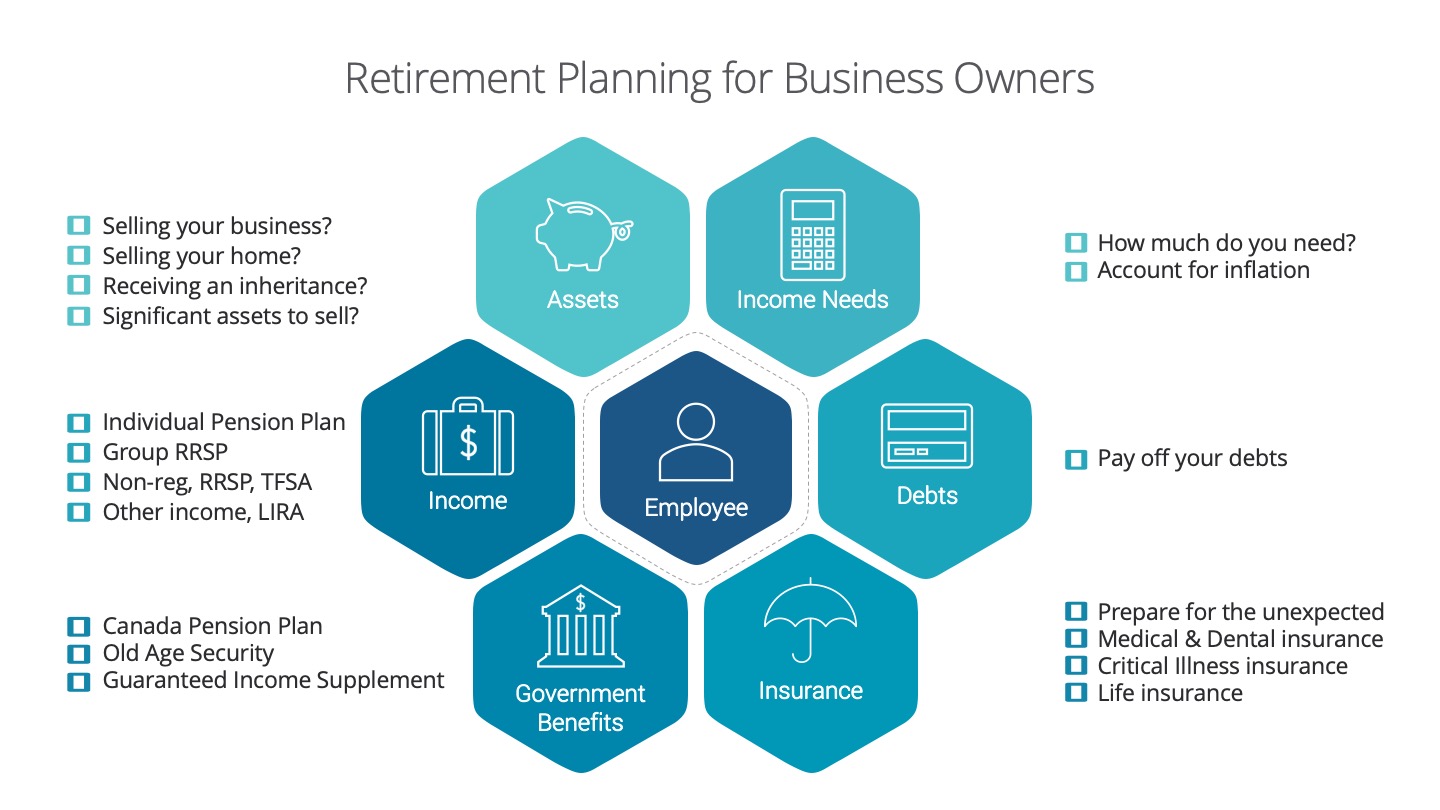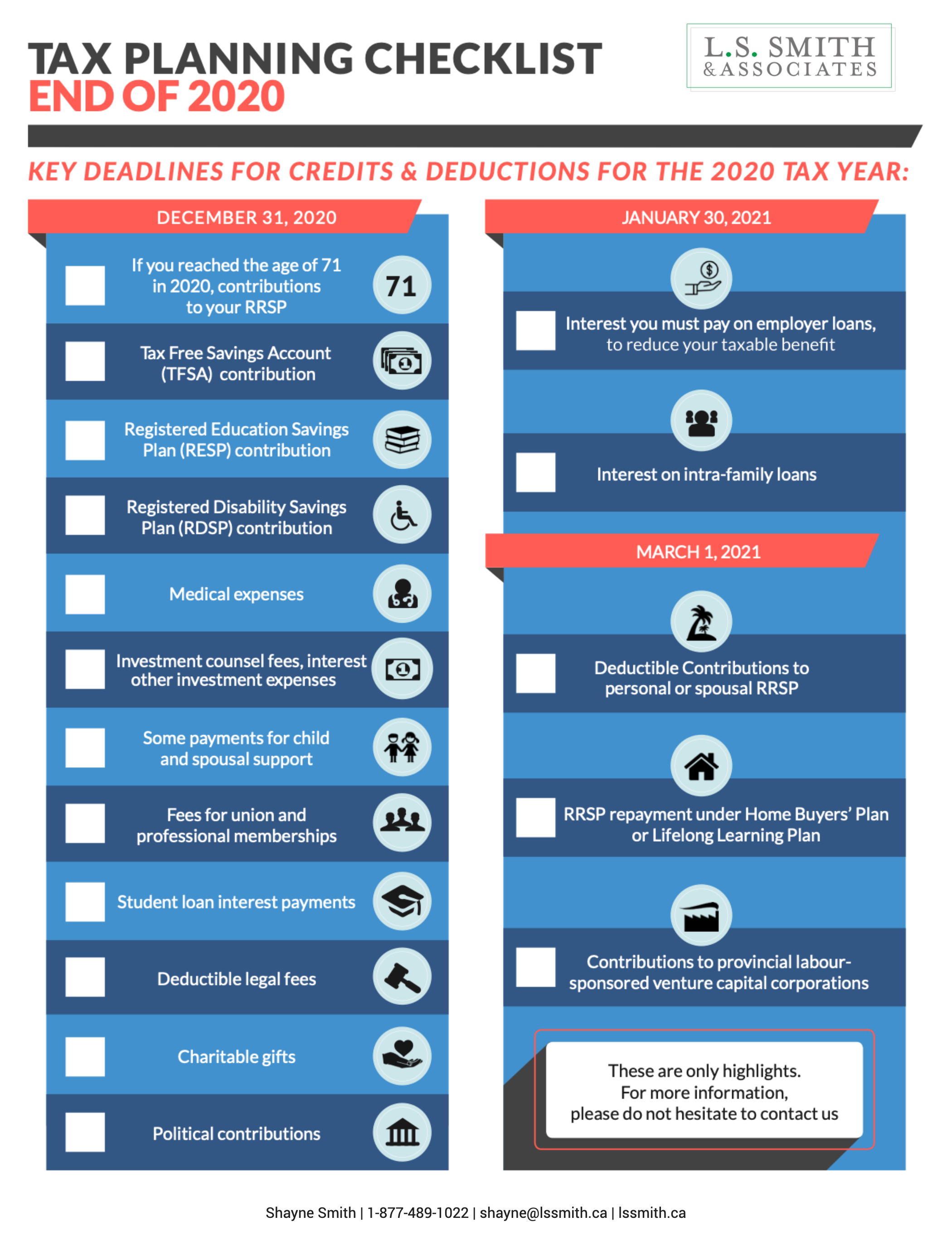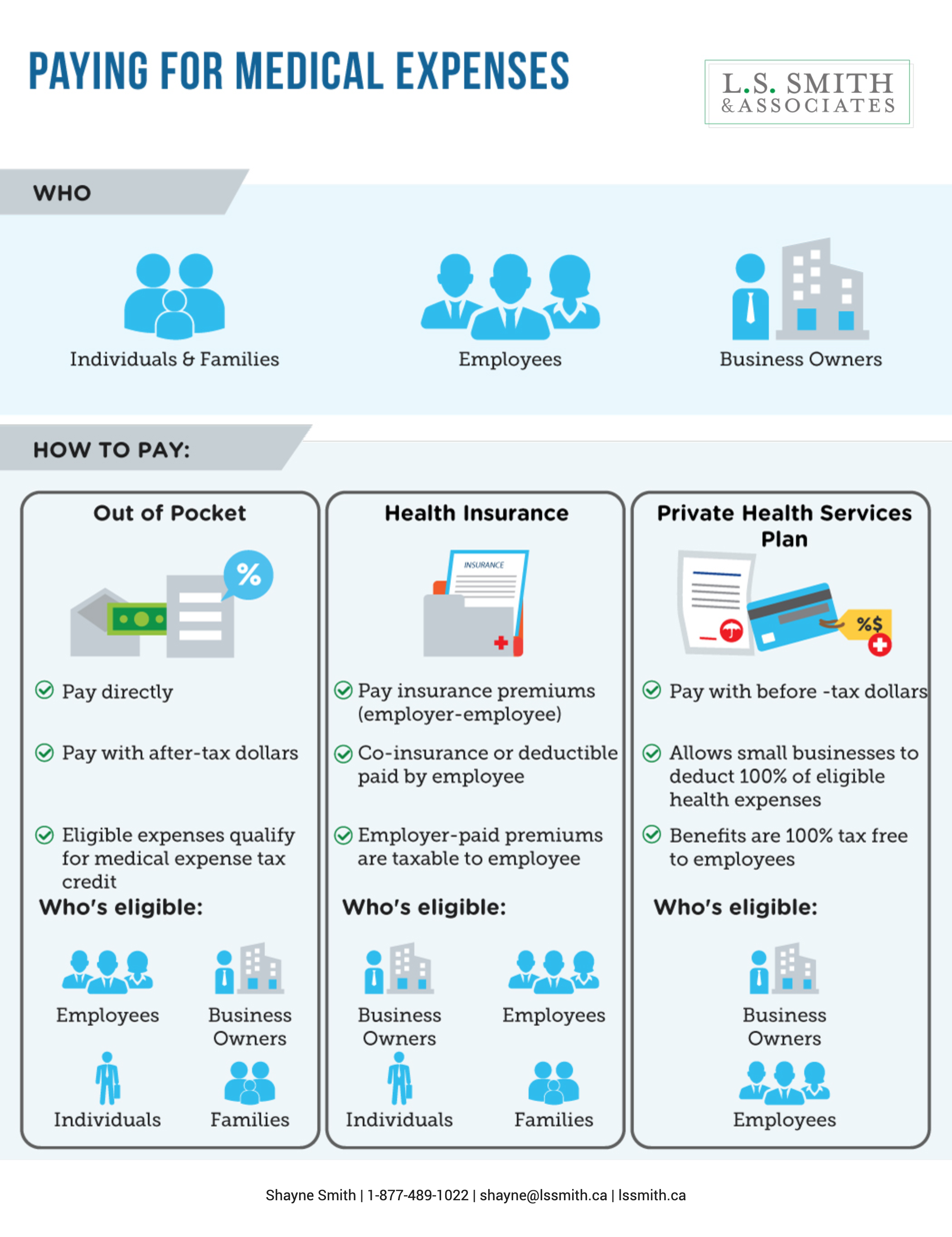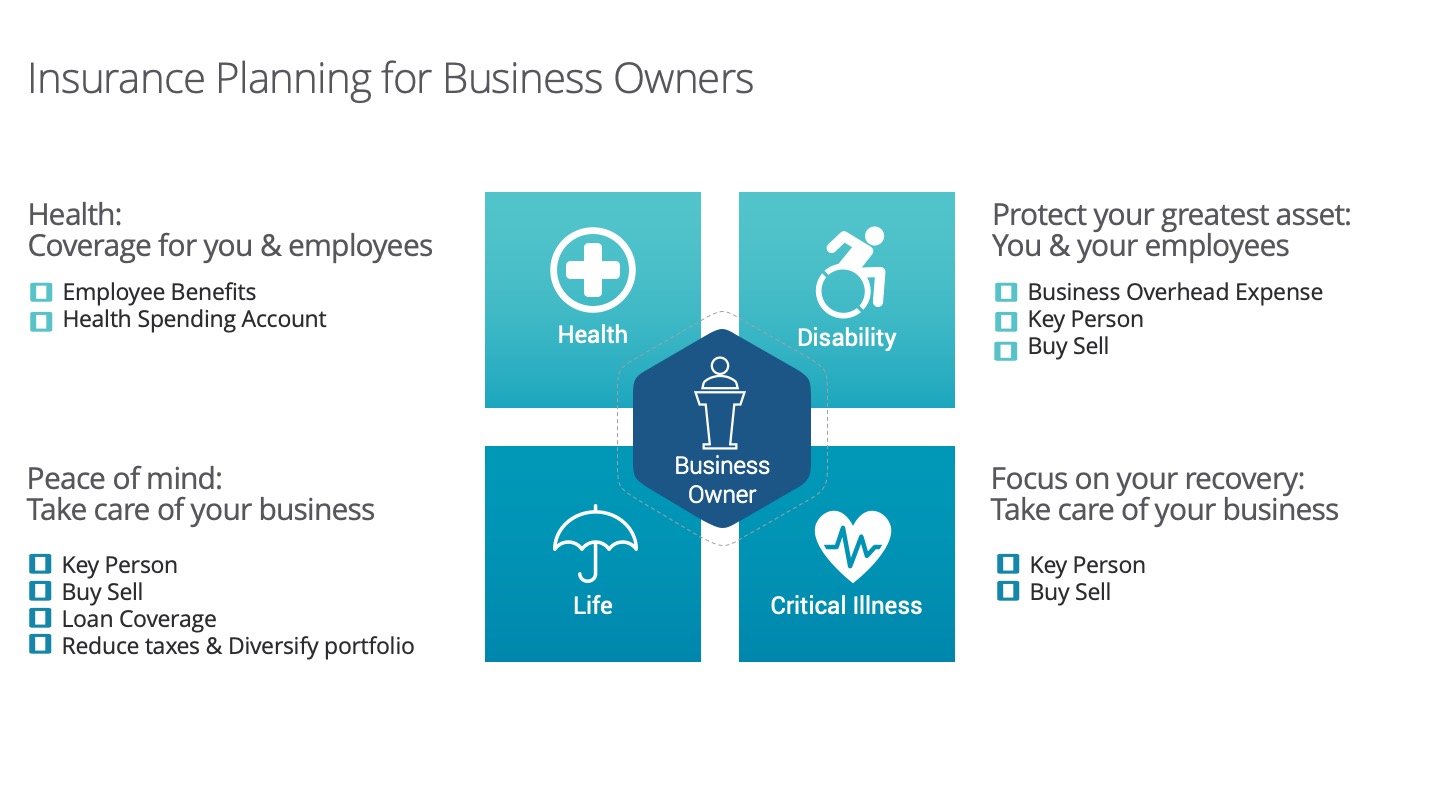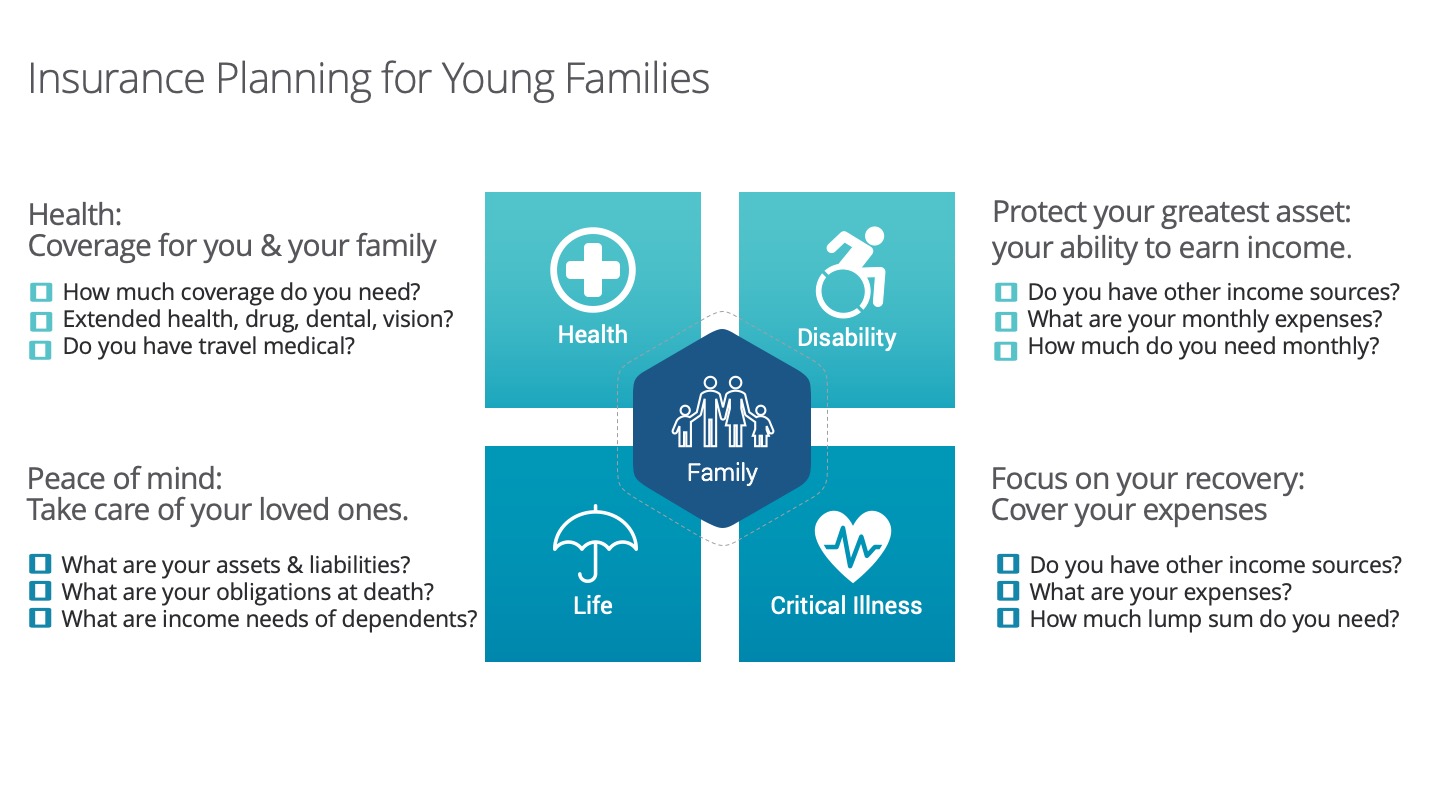Understanding Target Loss Ratio and Your Group Benefits Plan
Group benefits can be intricate both in their establishment and administration. There are numerous details and considerations to be aware of when purchasing a group benefits plan, one of which is the target loss ratio (TLR).
Key Questions Addressed:
-
What is a target loss ratio?
-
How does my TLR influence my premiums upon policy renewal?
-
What steps should I take if I have concerns regarding my TLR?
Understanding Target Loss Ratio (TLR):
Here are the primary aspects you should understand about the target loss ratio (TLR):
-
It represents the expected profit point of your employee benefit plan’s comprehensive health and dental benefits.
-
TLR is the maximum dollar amount of claims paid by the insurance company, expressed as a percentage of your premium. For instance, if an insurance company pays $40 in claims for every $80 collected in premiums, the loss ratio stands at 50%.
-
The TLR is primarily determined by two factors: the number of members participating in the employee benefit plan and the annual premium paid.
-
The loss ratios can vary based on the type of insurance. For instance, the loss ratio for property insurance is typically lower than that for health insurance.
Does my TLR Affect My Premiums Upon Renewal?
Generally, your TLR won’t have a significant influence on your premiums when renewing. However, a notable increase or decrease in the number of staff members participating in your group benefits plan might cause some impact.
Other factors influencing your renewal premiums include:
-
A substantial amount of health and dental claims made.
-
Changes in the general demographics of your employees, such as aging.
-
An increase in the cost of services covered by your group benefits plan.
-
General inflation.
Addressing Concerns About TLR:
As someone overseeing a group benefits plan, your objective is to ensure optimal value for your premium expenditure.
If you’ve been collaborating with the same insurance provider for an extended period, it’s beneficial to explore other available options. Comparing offerings can help ascertain if the rate and TLR you’re being offered align with current market standards.
It’s essential to consider how varying TLRs might influence the long-term viability of your group benefits plan. If you’re keen on gaining deeper insights, consider reaching out to industry experts or consultants for guidance.





